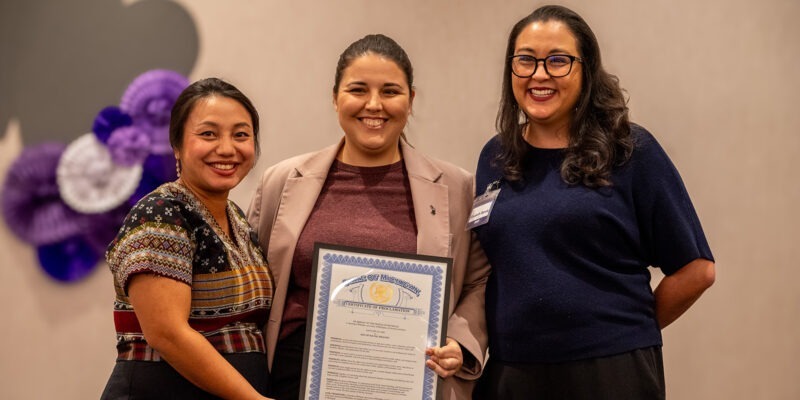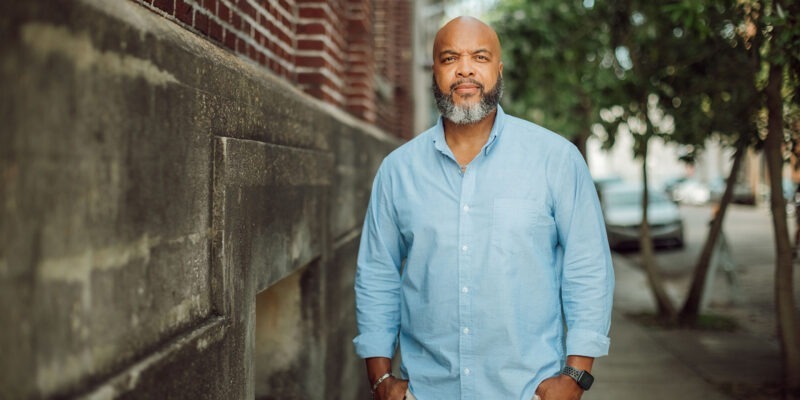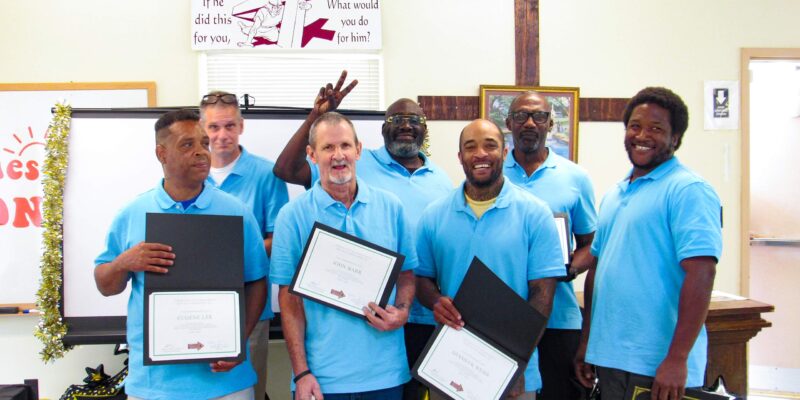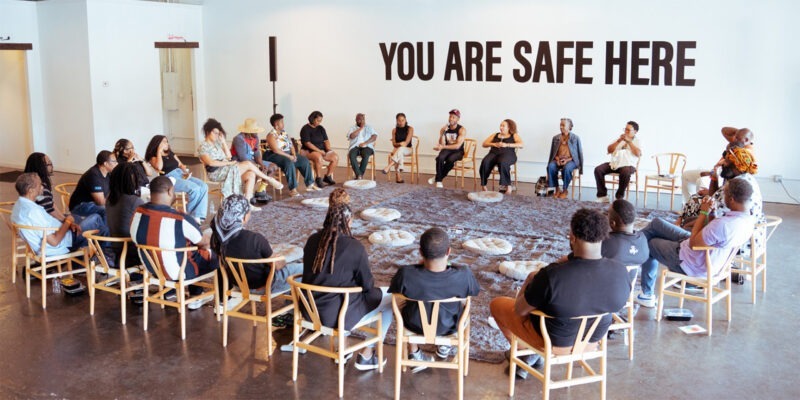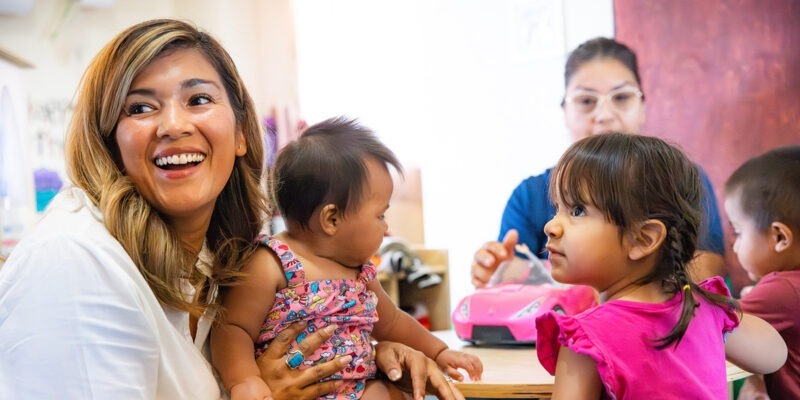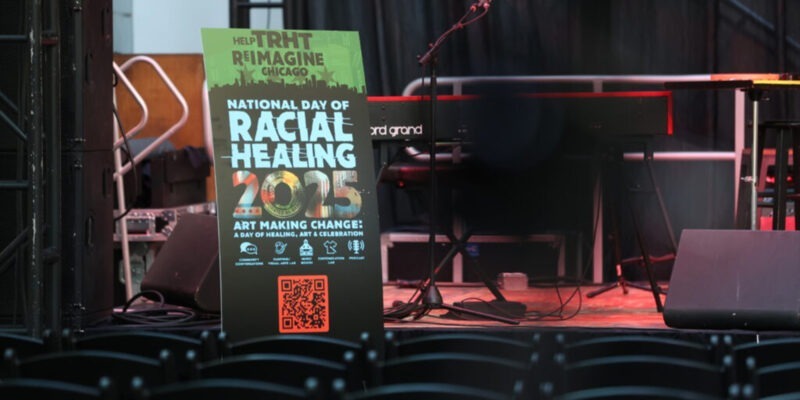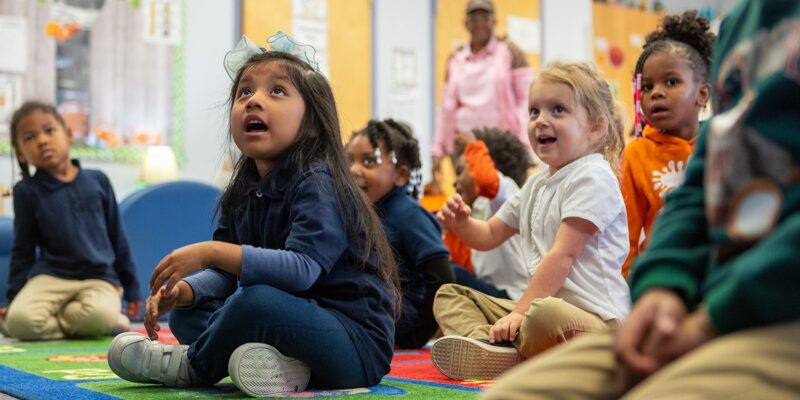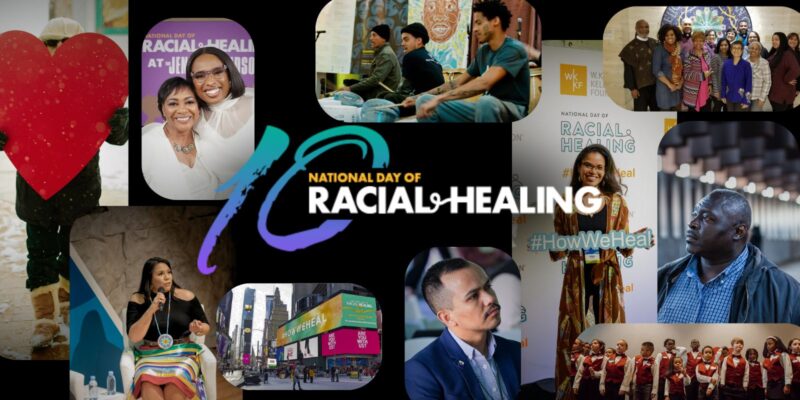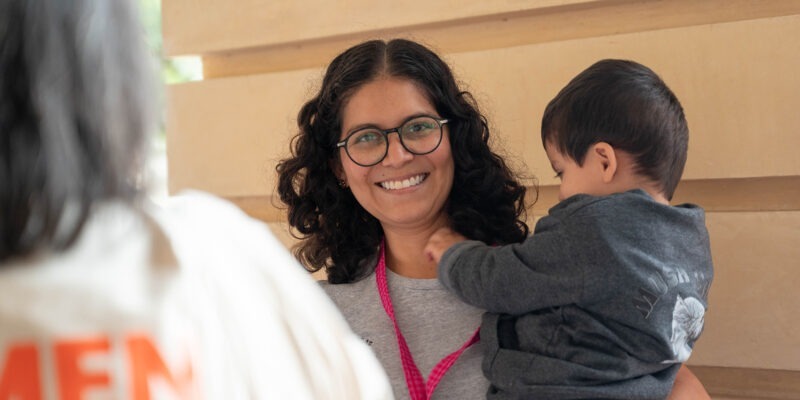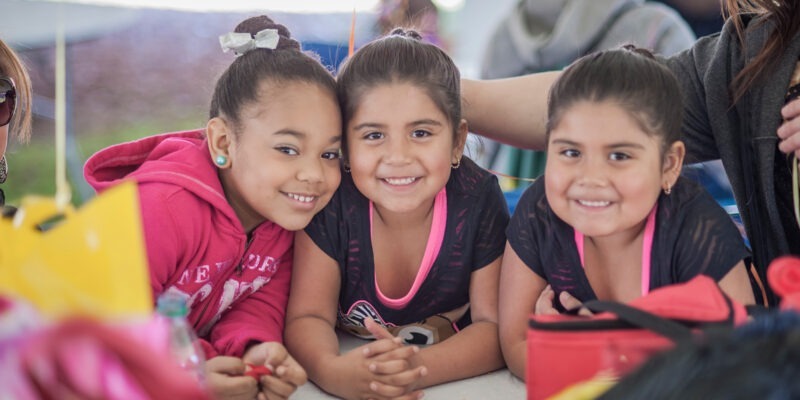
Hope Starts Here stabilizing early childhood services in wake of policy changes
This post was originally published on Common Ground. Recent federal and state policy changes tied to the One, Big, Beautiful Bill Act have created uncertainty for early childhood systems across the country. In Detroit, where many families already face high child care costs and economic strain, adjustments to programs such as SNAP and Medicaid are raising concerns among providers, advocates, and families about access, affordability and continuity of care. Leaders involved in Hope Starts Here, Detroit’s citywide early childhood framework, say the city’s response is being shaped by work that began years before the current policy. The initiative is organized

